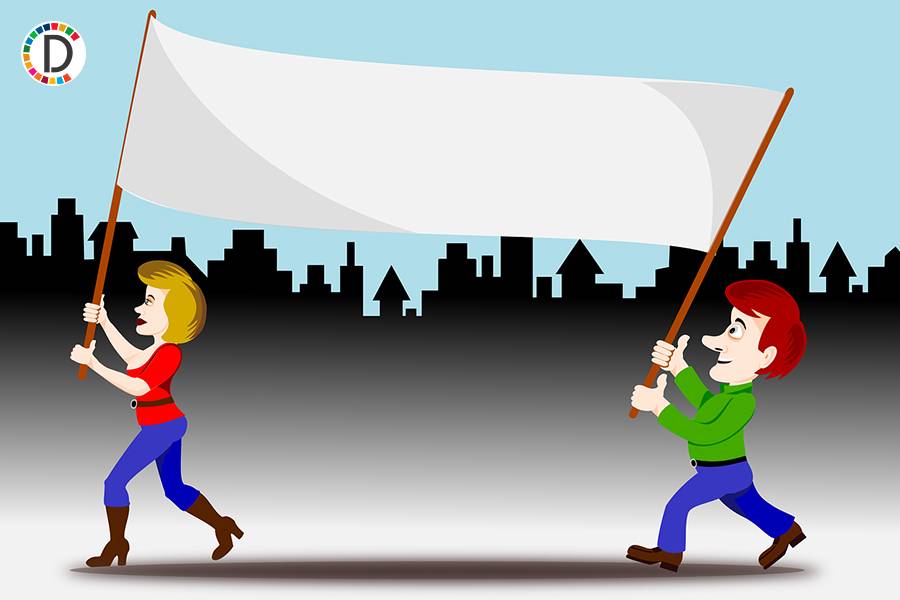Unity or Conflict? South Africa's Coalition Government Challenges Deep-Rooted Racial Tensions
South Africa's new coalition government has brought President Cyril Ramaphosa's ANC together with the white-led DA, sparking both hope for unity and concern over racial tensions. While the coalition aims to tackle socioeconomic problems, the historical context of apartheid and recent racist incidents have reignited racial rifts.

In a country once marred by racial segregation, South Africa's new coalition government represents an image of unity, combining a Black president and a white opposition leader.
President Cyril Ramaphosa's African National Congress (ANC) and the Democratic Alliance (DA) formed a coalition following the landmark May 29 election. This unprecedented power-sharing agreement has reopened old racial rifts, particularly among Black South Africans, who remain wary of white-led political presence given the lingering effects of apartheid.
The DA faced criticism after one of its white lawmakers, Renaldo Gouws, was suspended for racist remarks made years ago. The incident has raised questions about the DA's commitment to racial equality, further complicating the party's reputation amidst a deeply polarized society.
Despite these challenges, both parties continue to promote the coalition as essential for addressing South Africa's pressing socioeconomic issues. The African National Congress envisions this partnership as a continuation of Mandela's ideals for a unified nation, regardless of racial differences.
(This story has not been edited by Devdiscourse staff and is auto-generated from a syndicated feed.)
ALSO READ
Dollar Firm Amid Euro Weakness as Markets Eye Chinese Data
Silent Propaganda: South Korea's Quiet Loudspeakers in Psychological Warfare
US National Security Adviser Jake Sullivan in India today for iCET initiative
Bengal Governor C V Ananda Bose orders on-duty personnel of Kolkata Police to immediately vacate Raj Bhavan premises: Official.
Hajj pilgrims perform Tawaf Al-Ifadah










